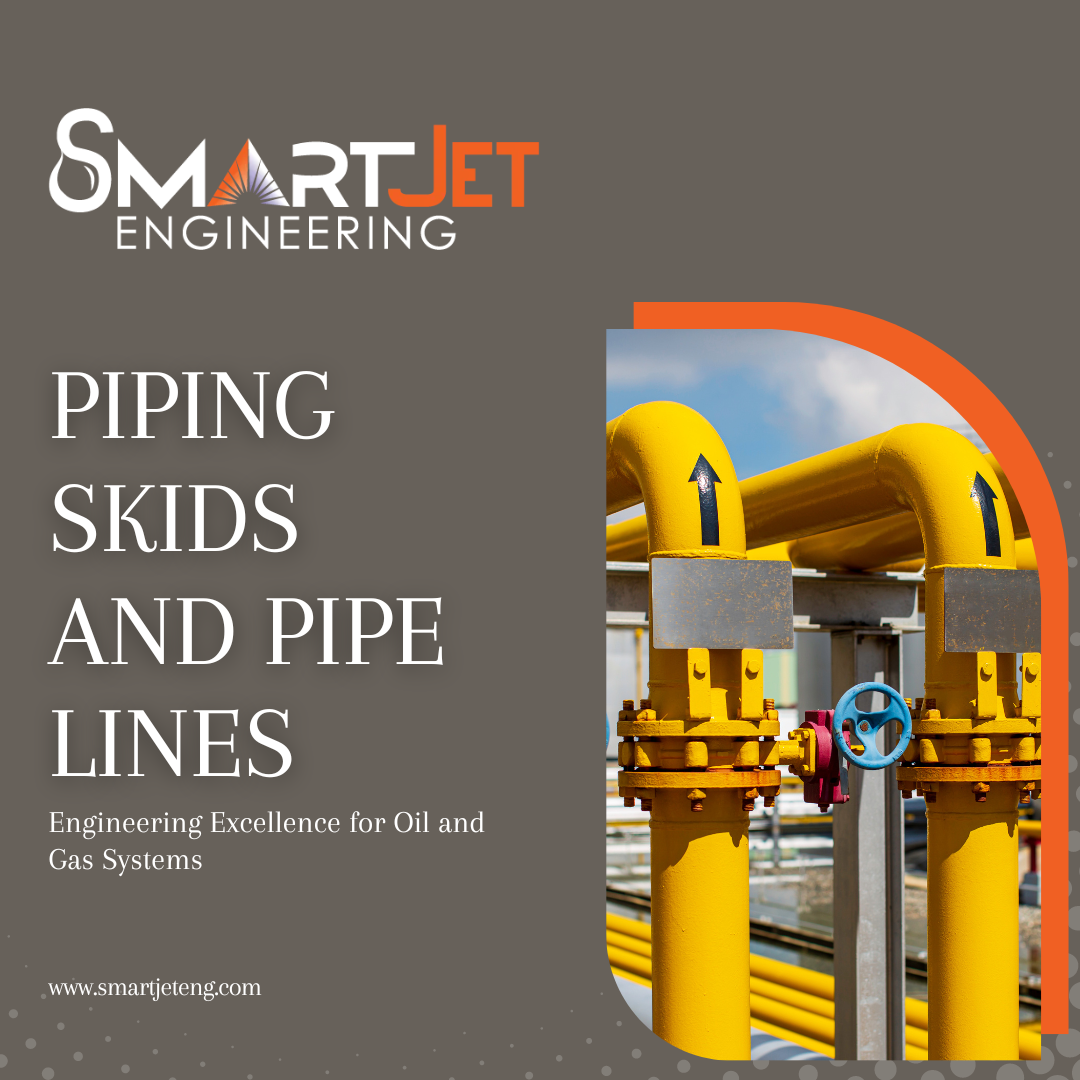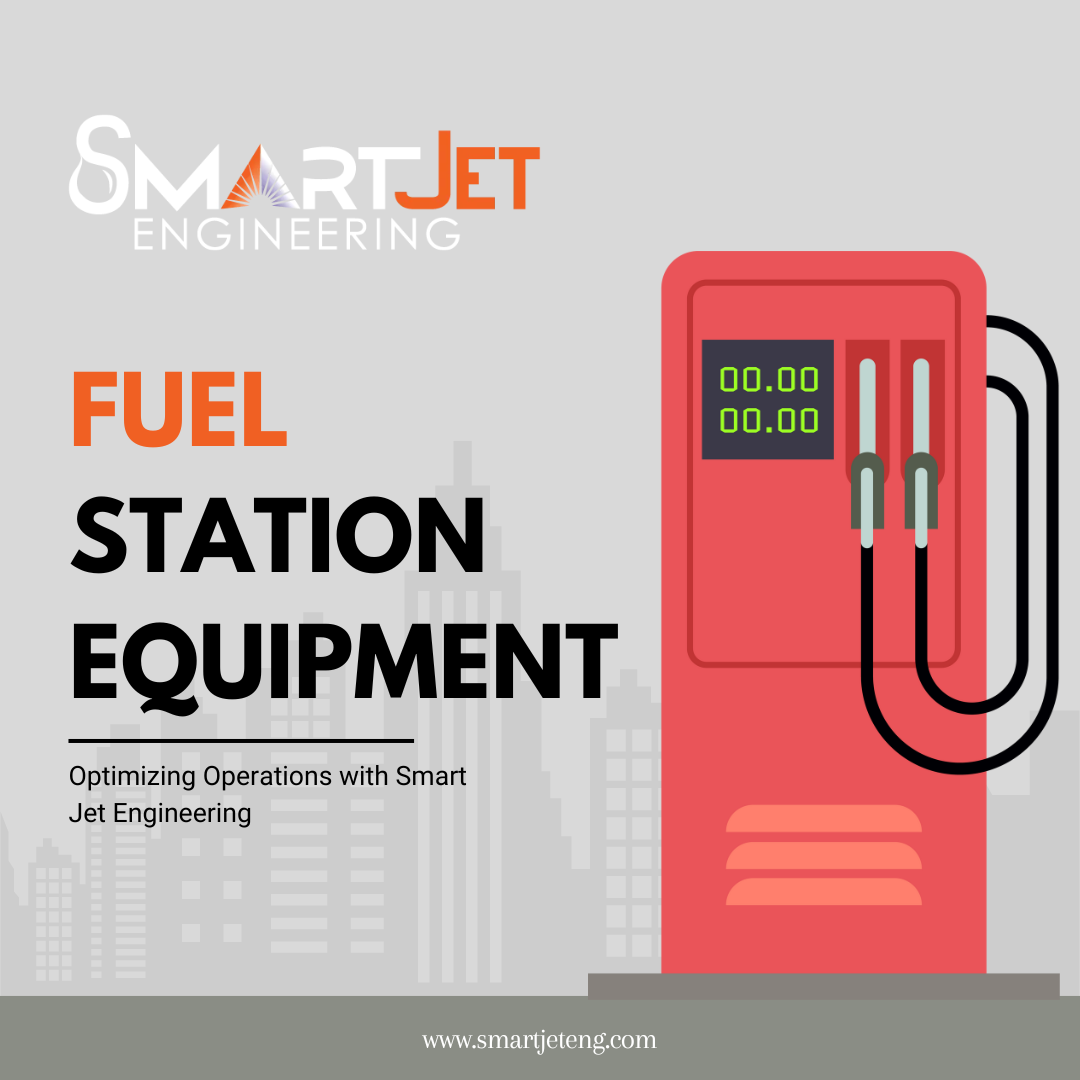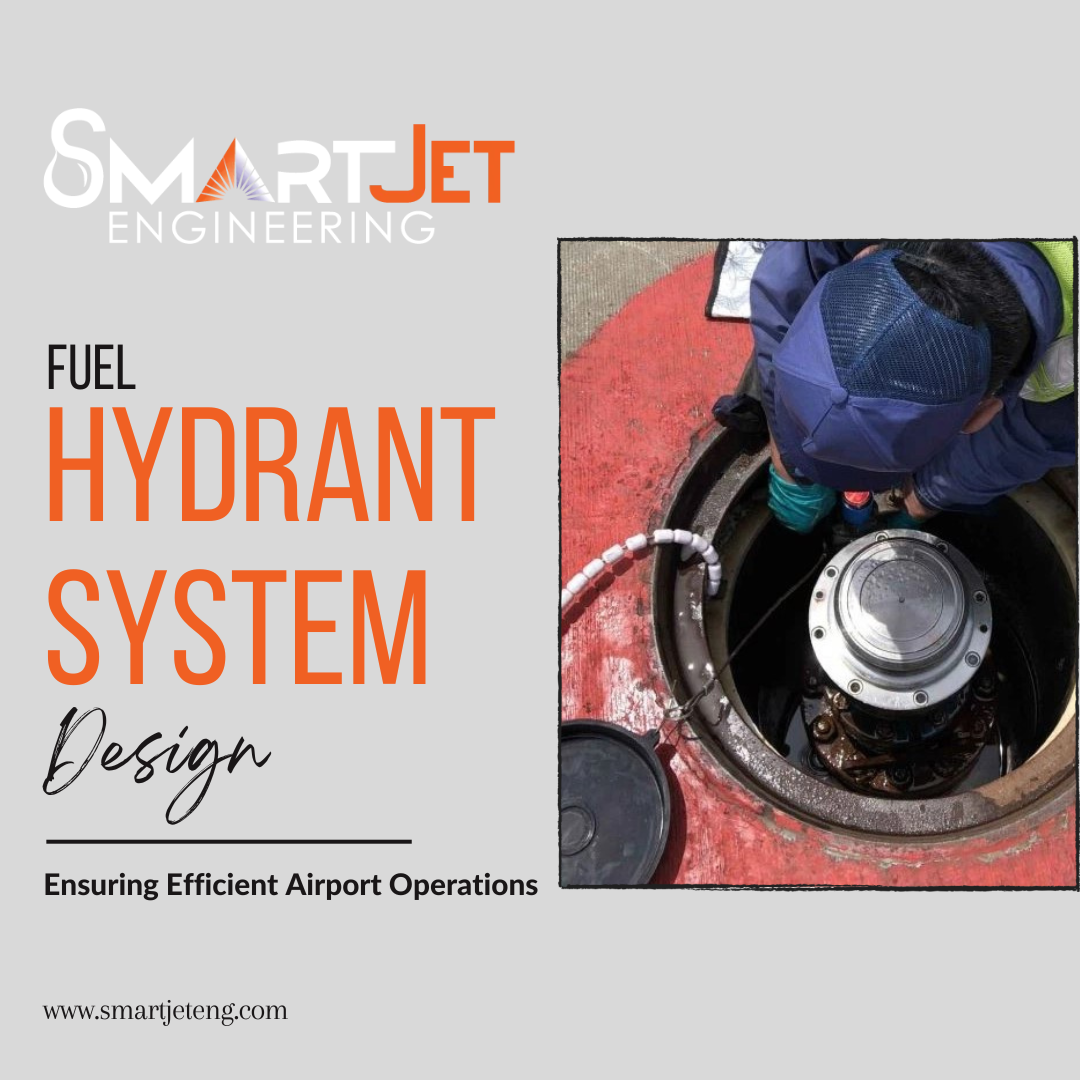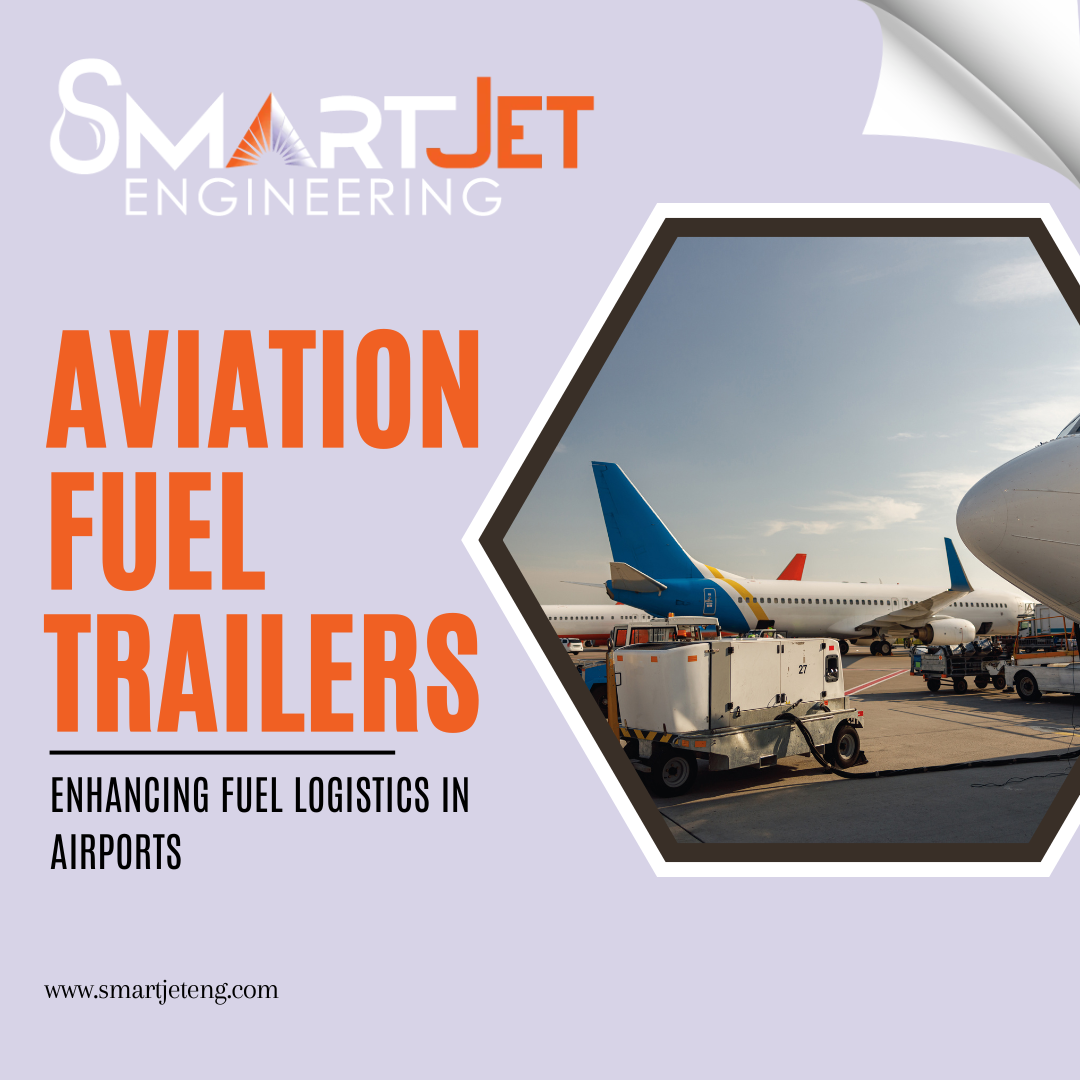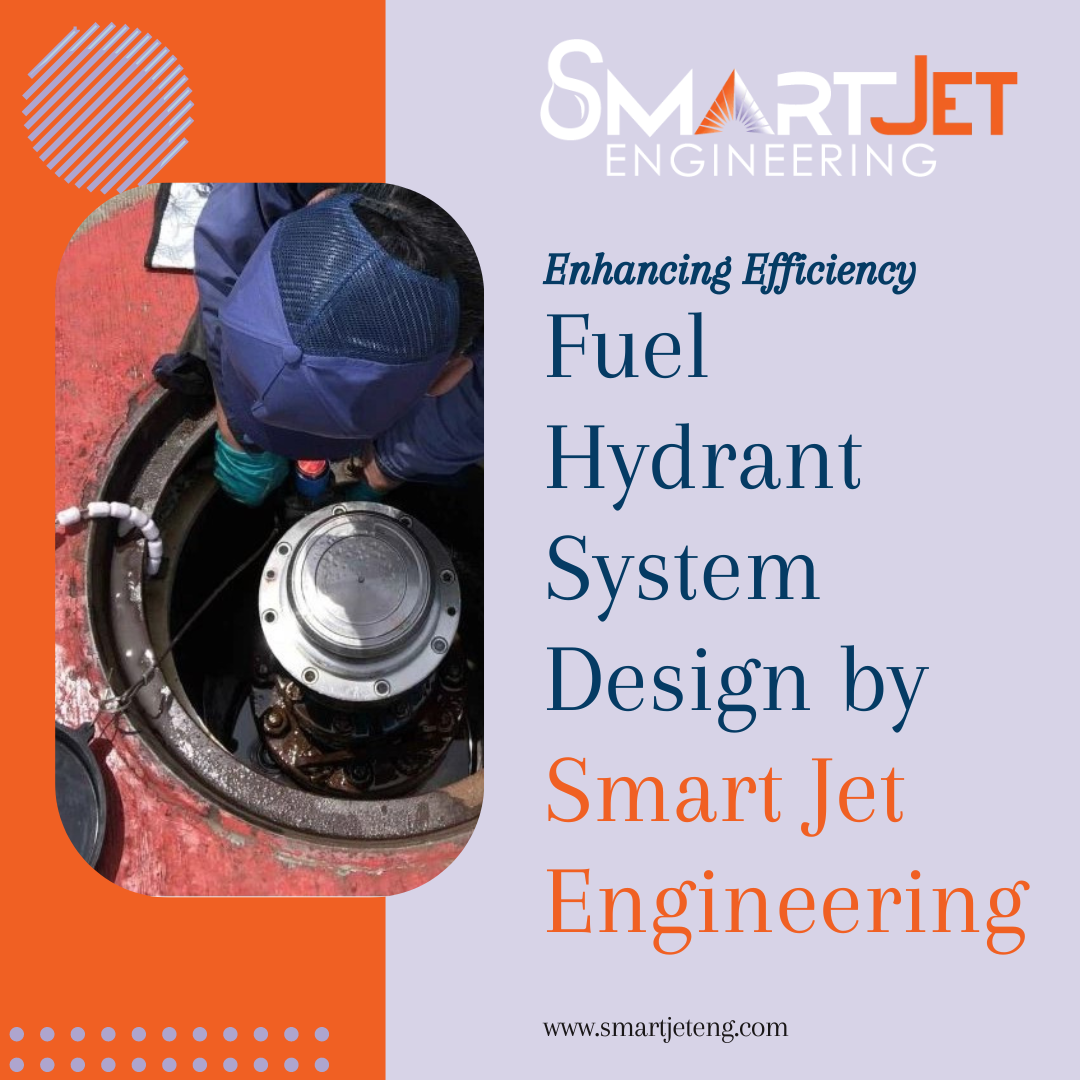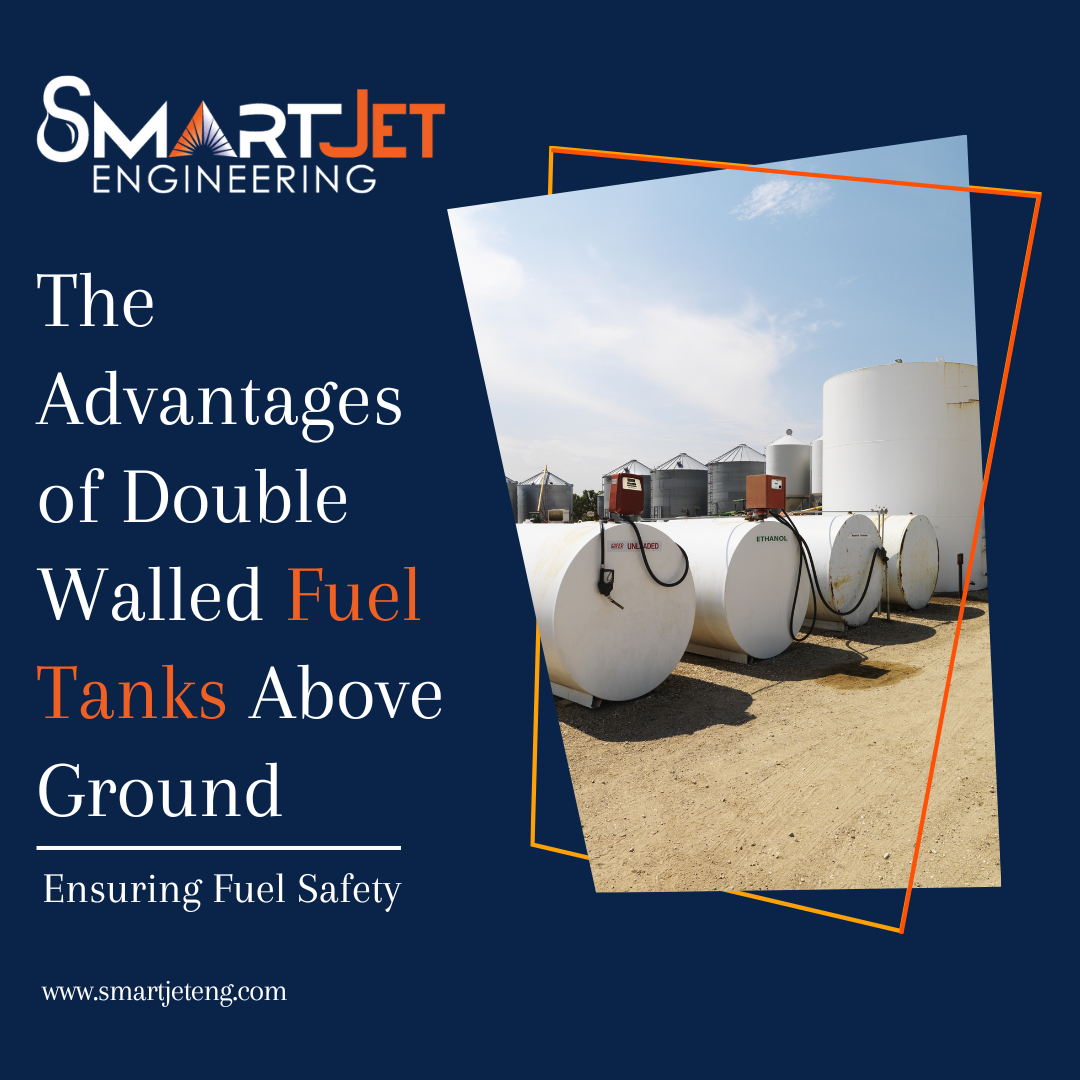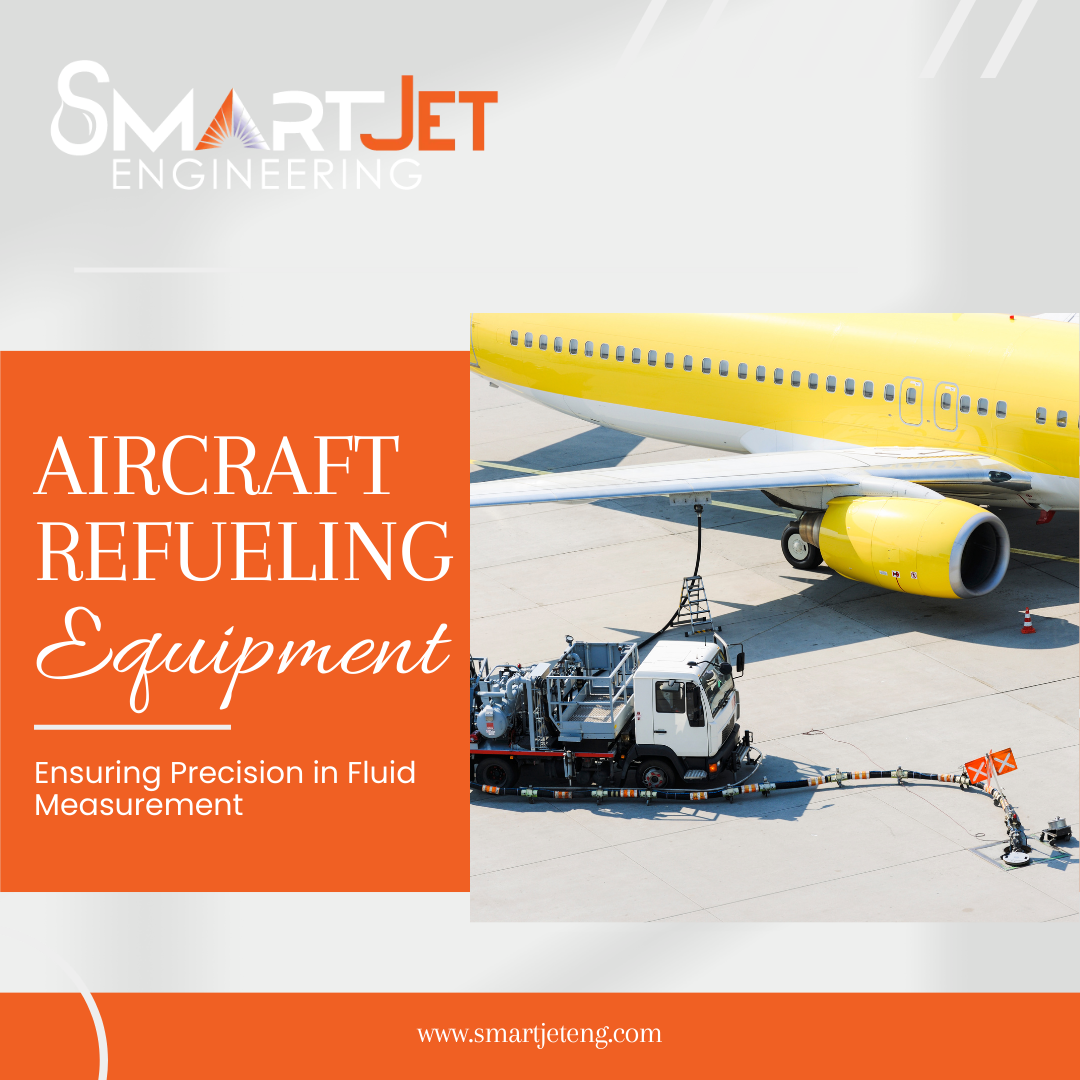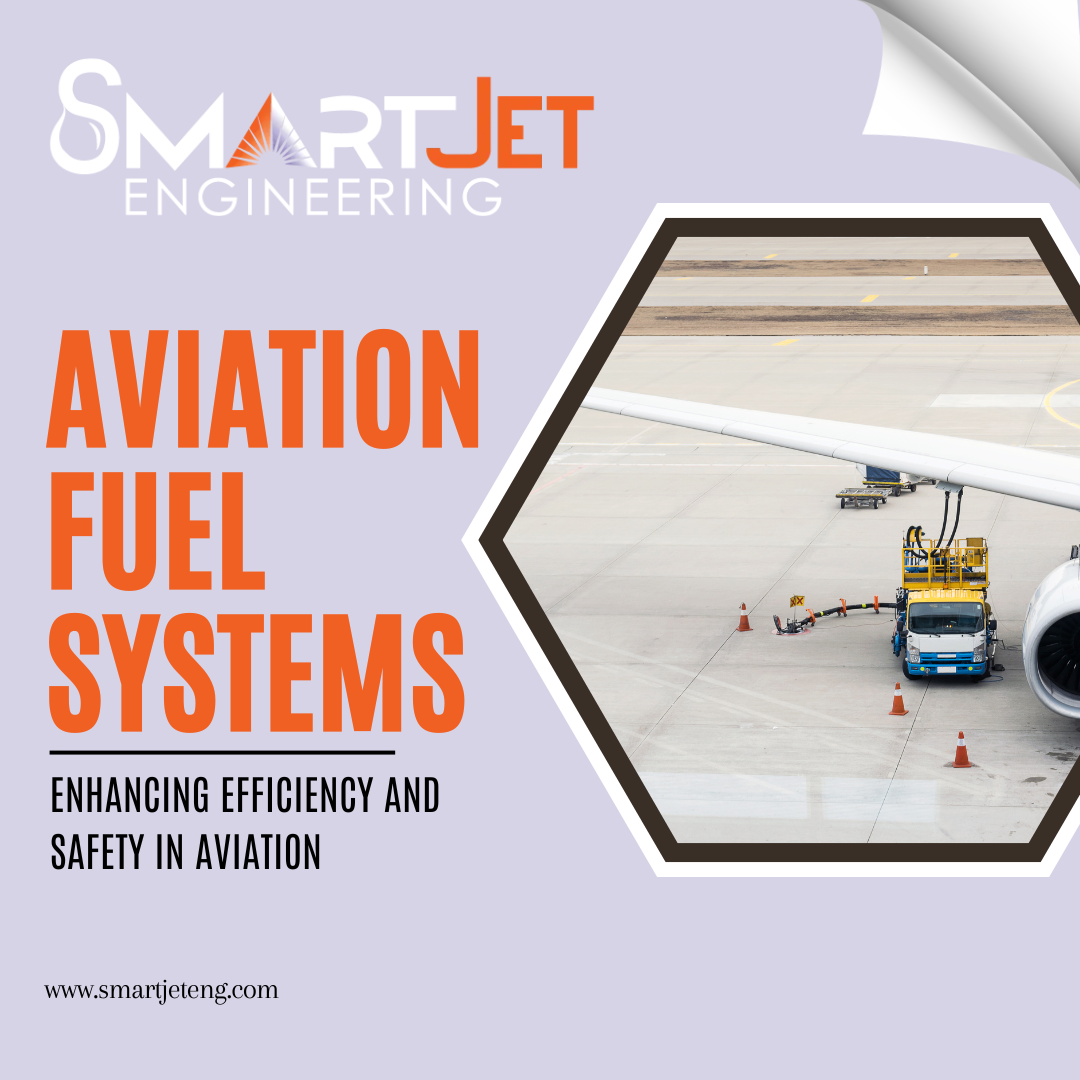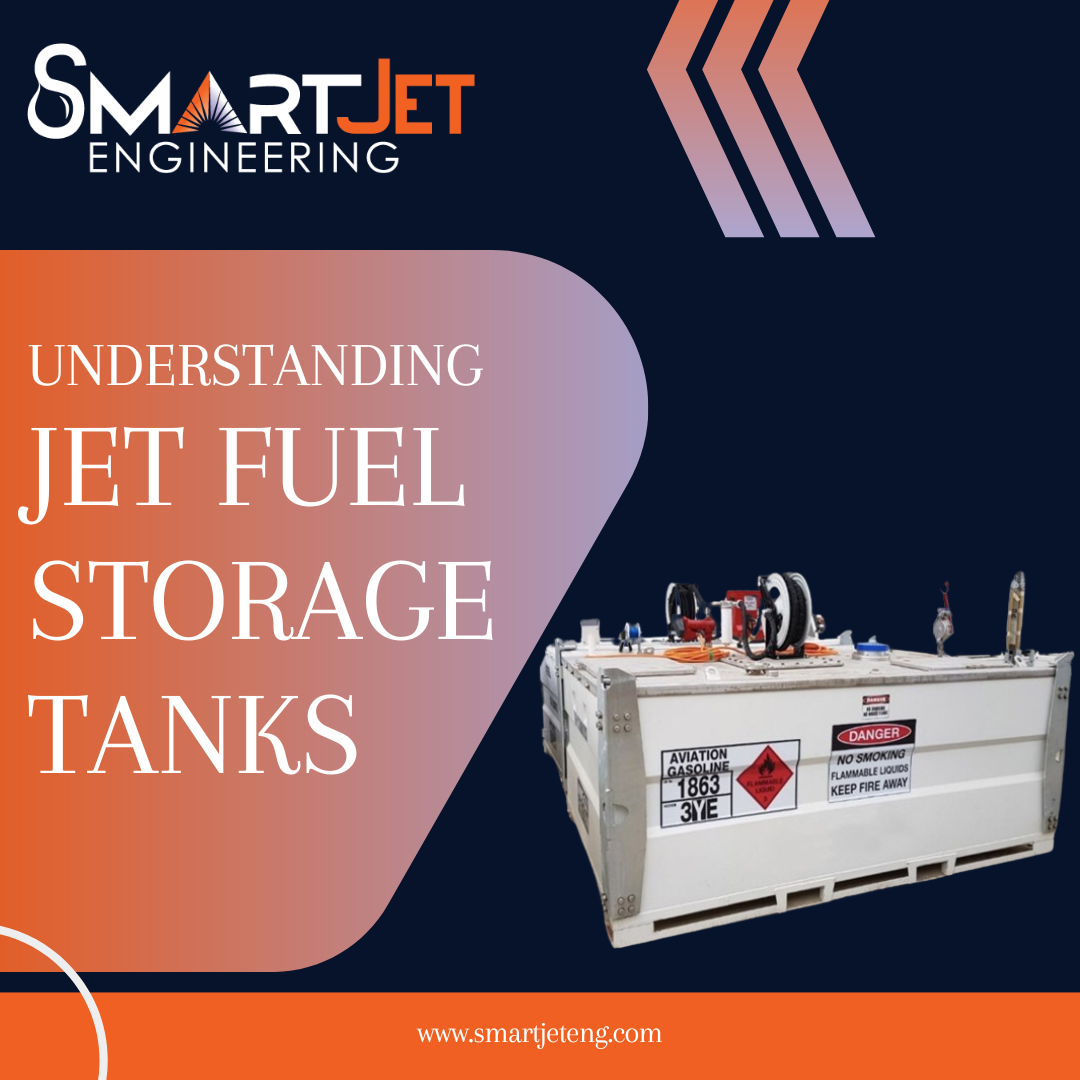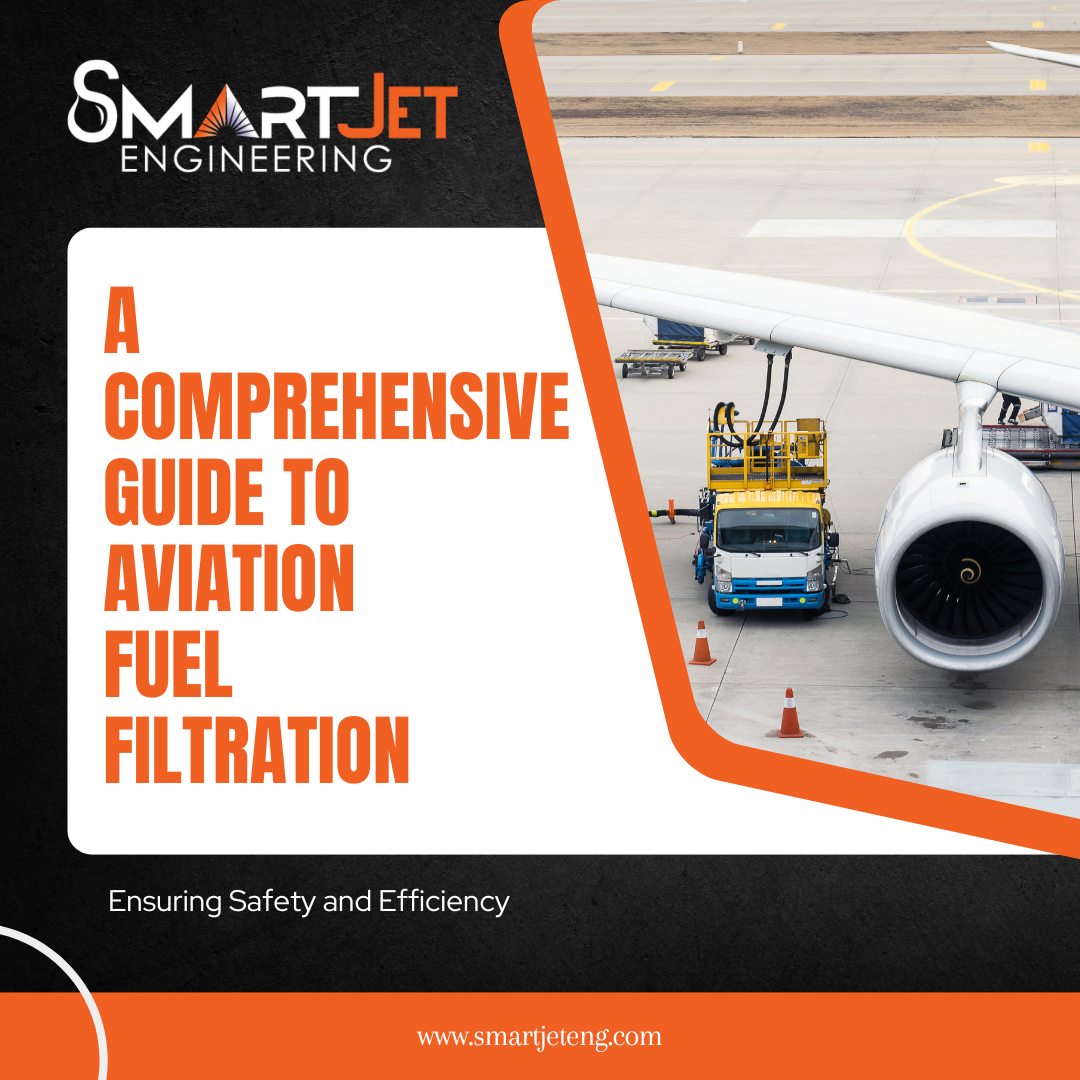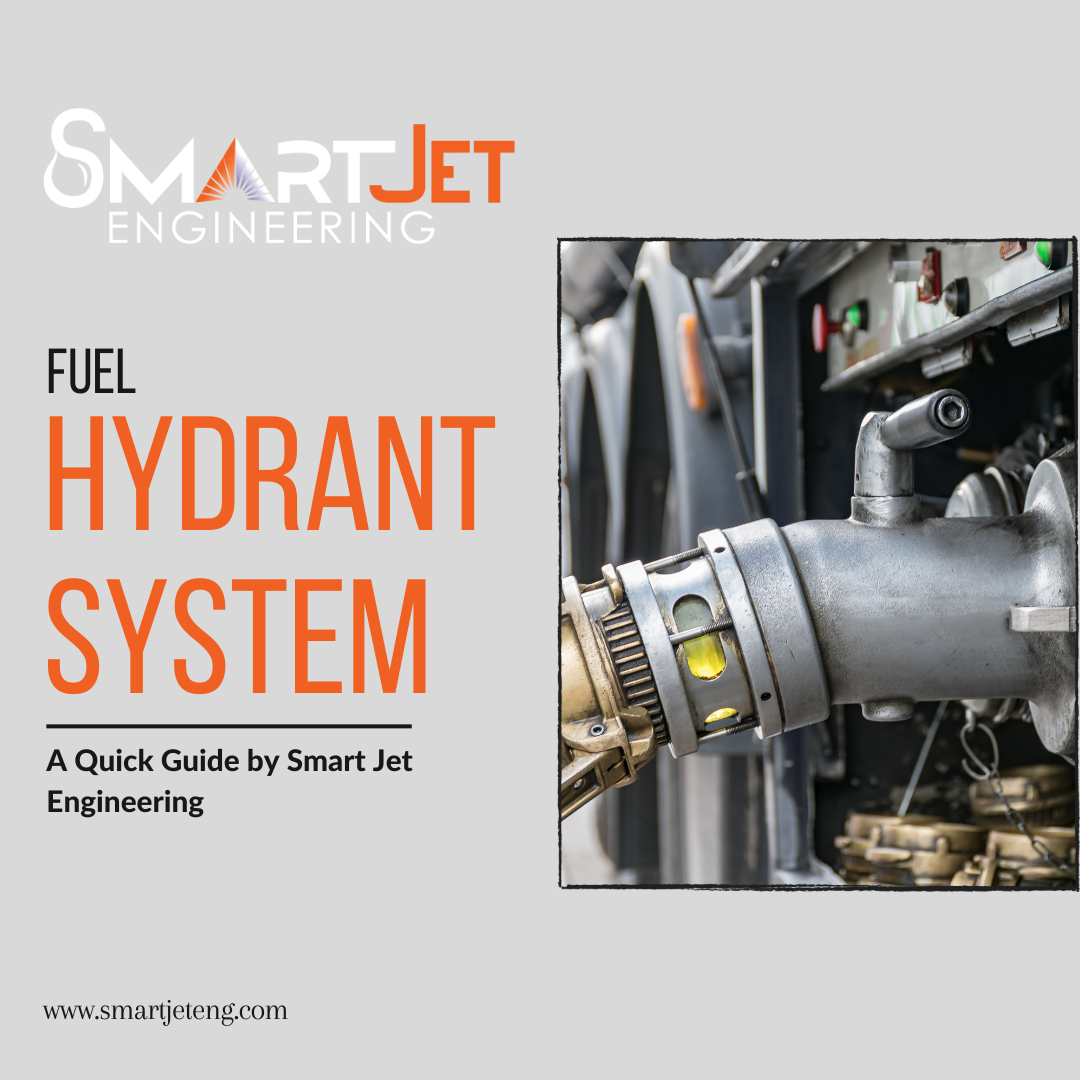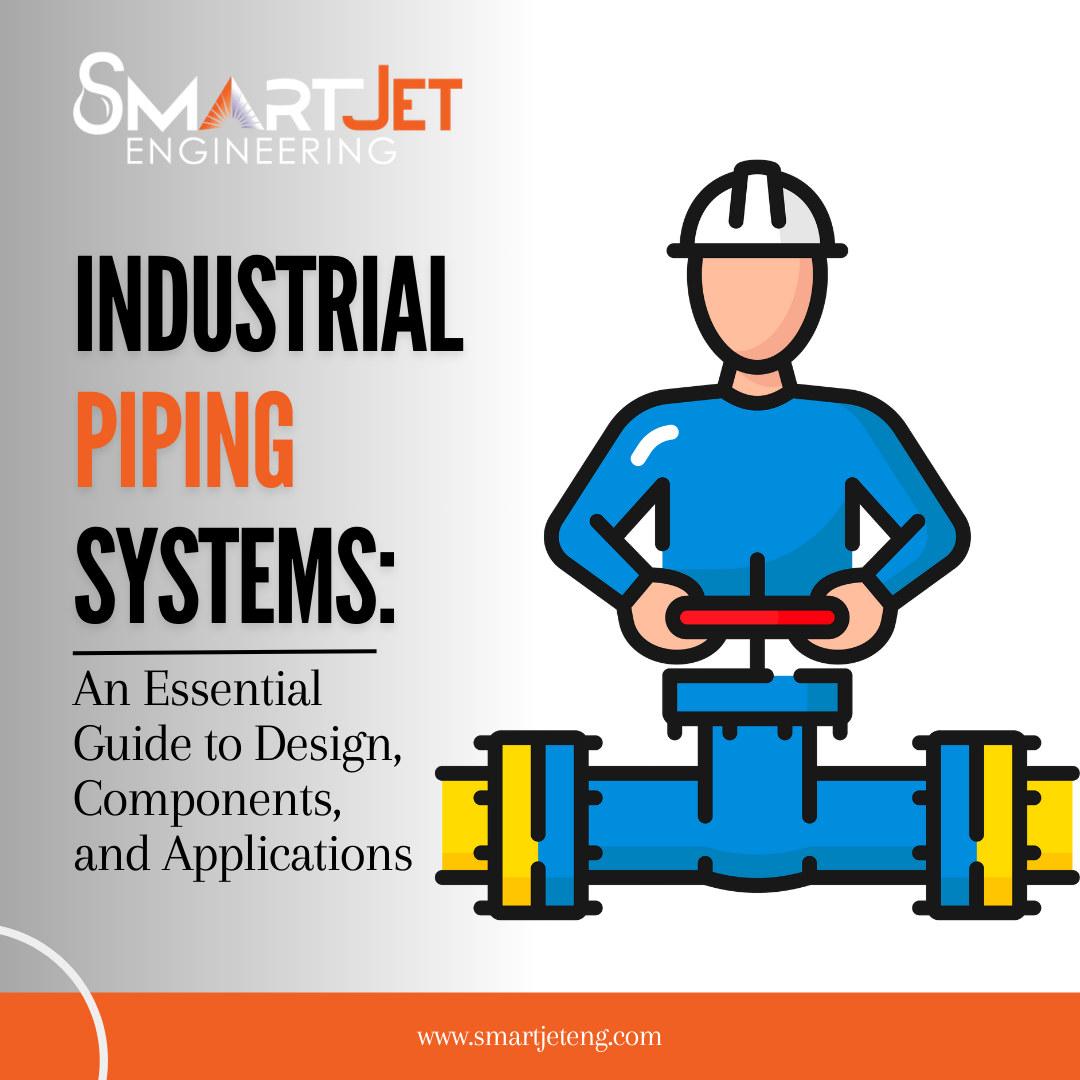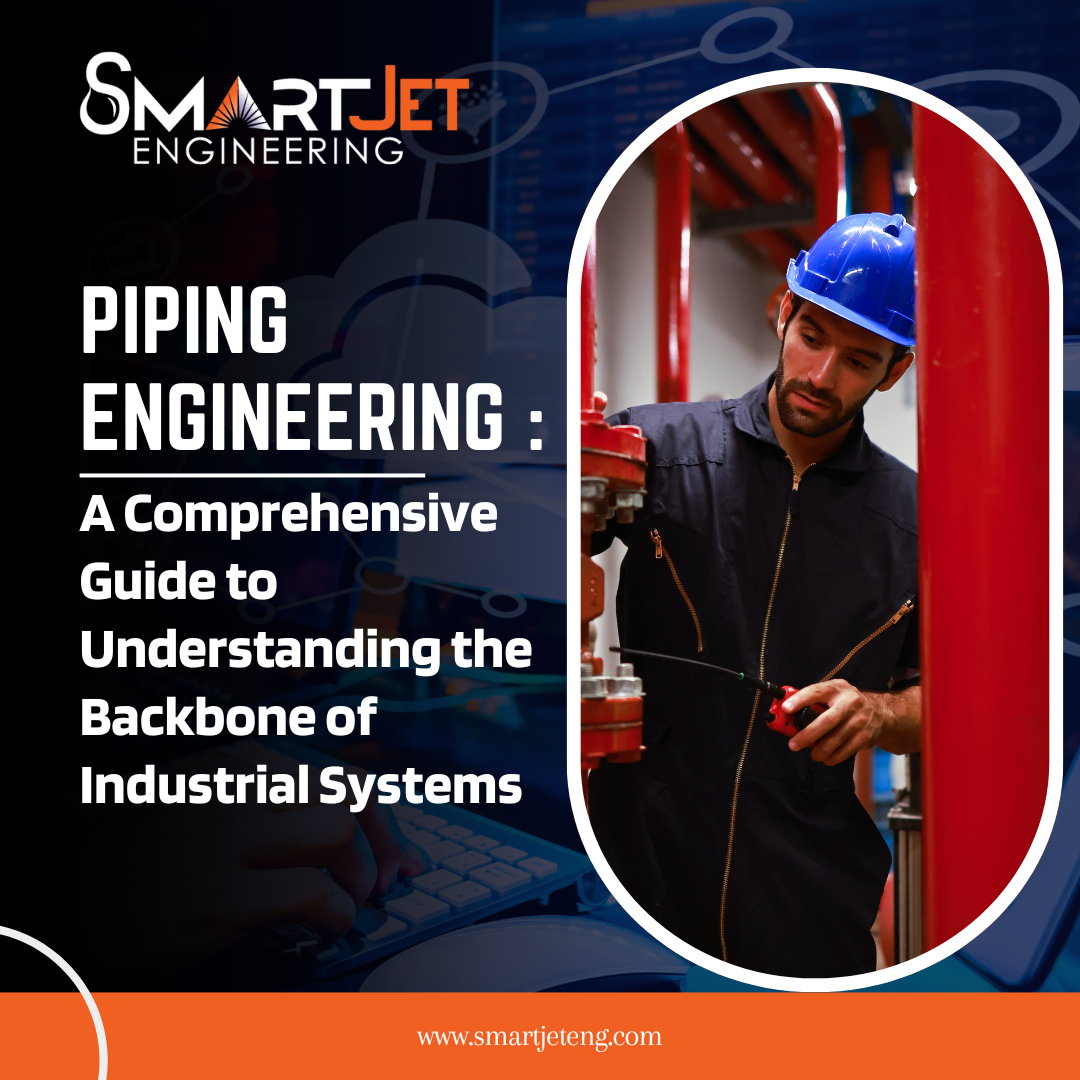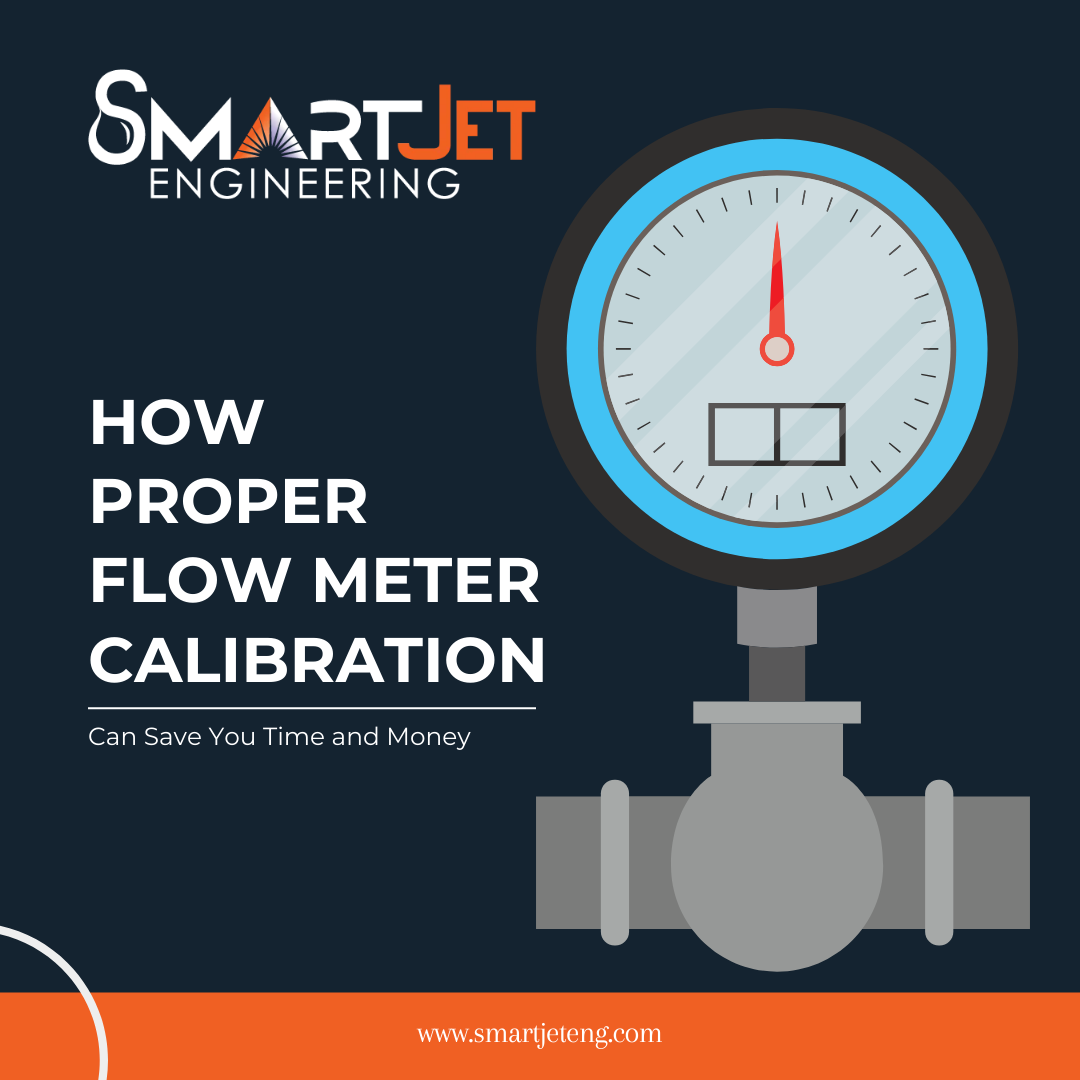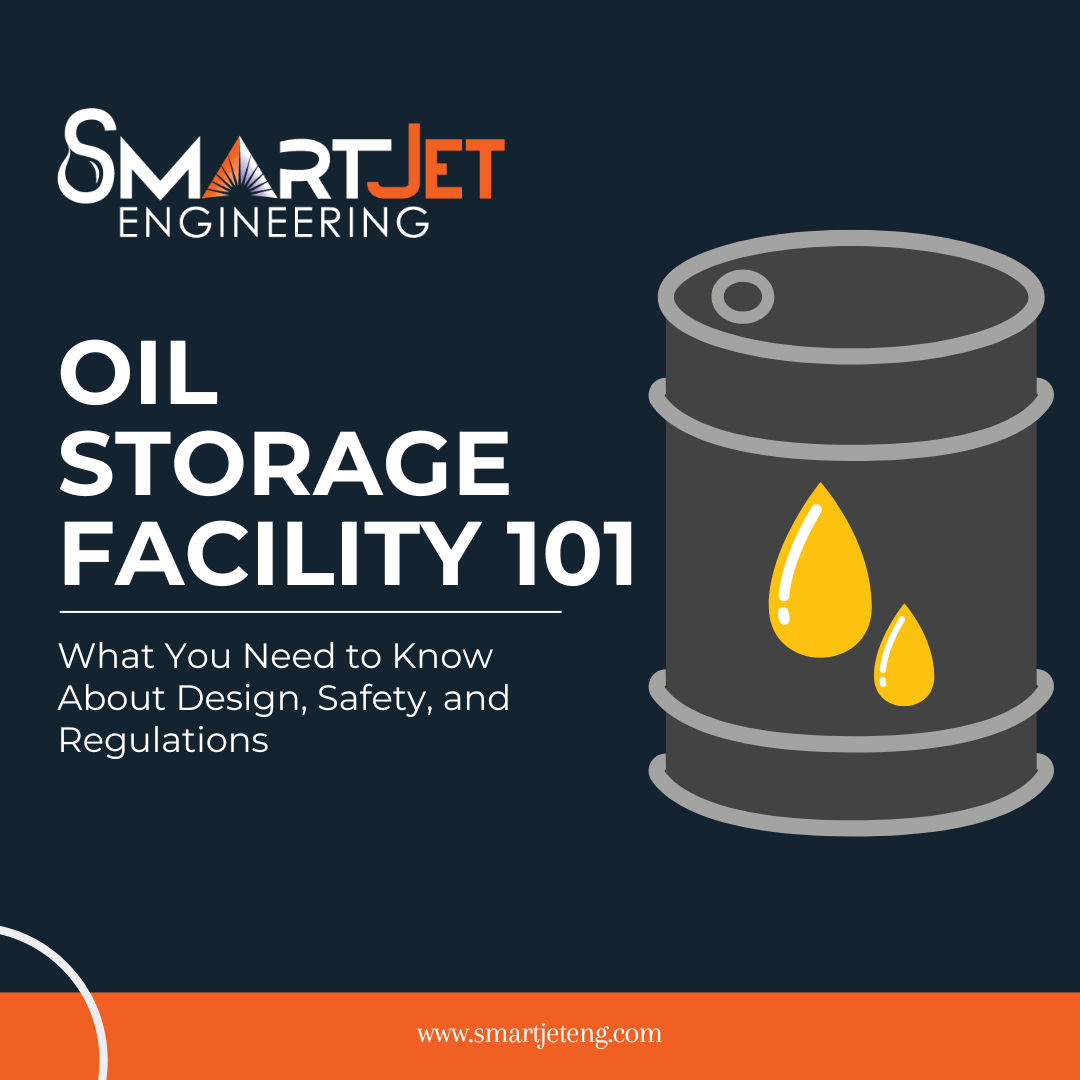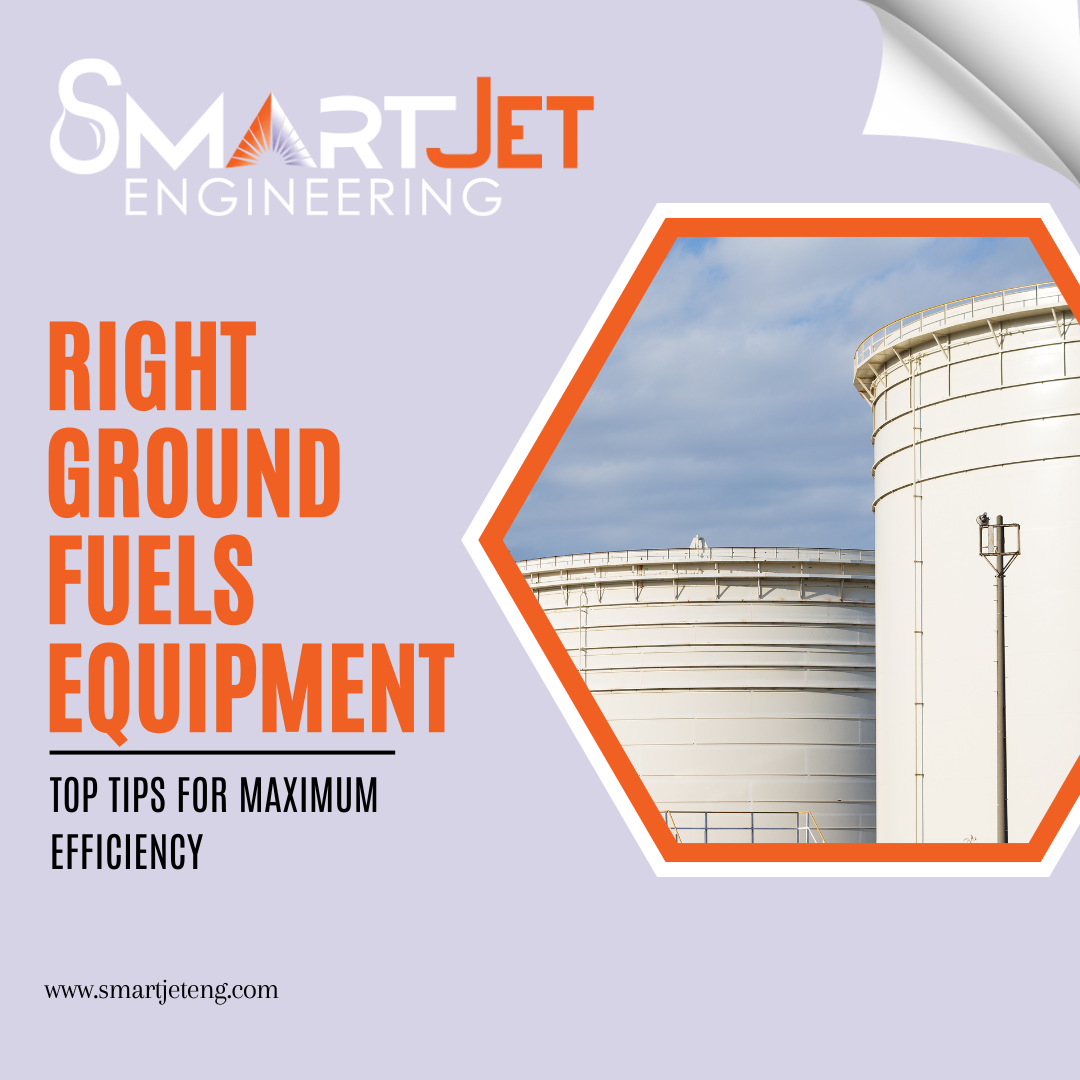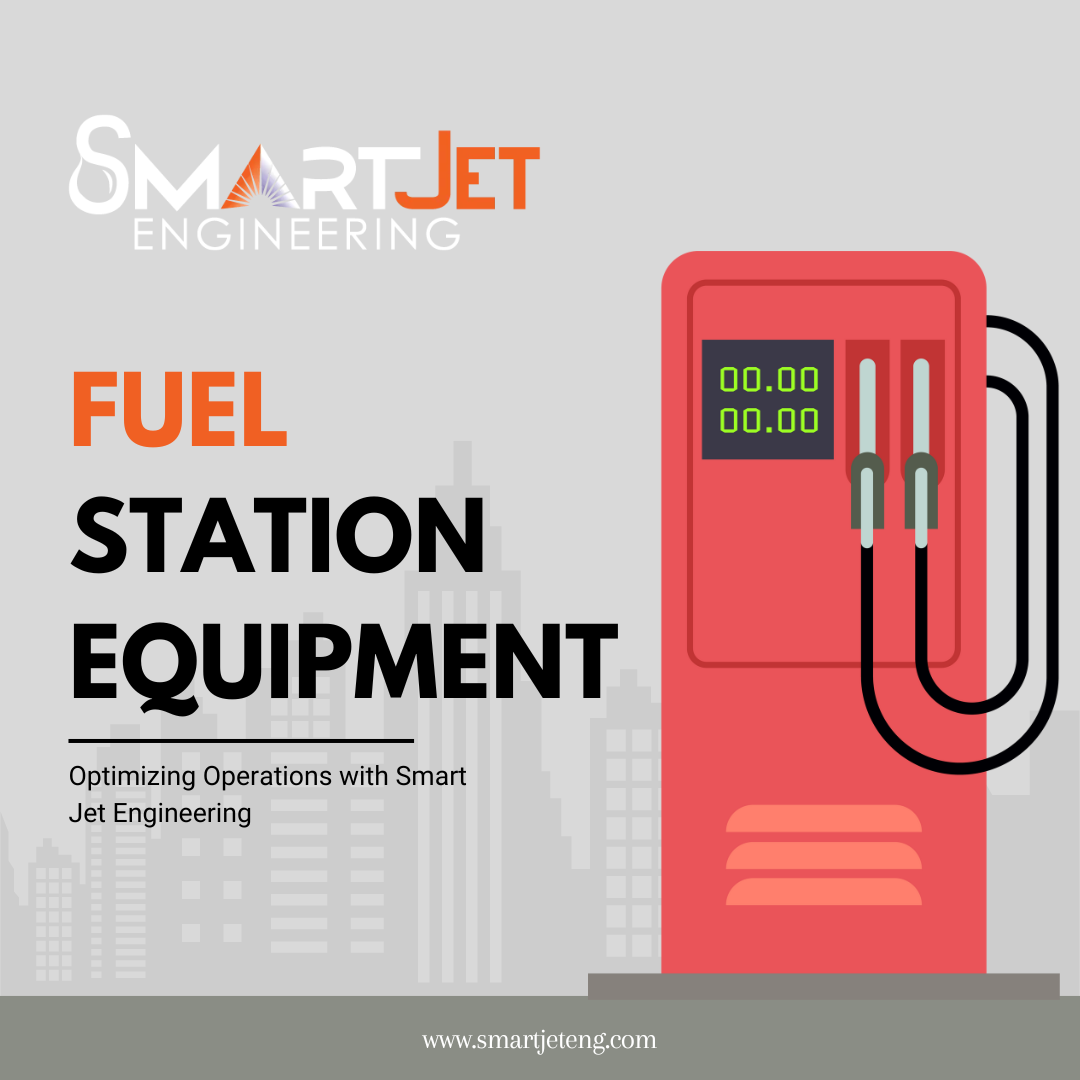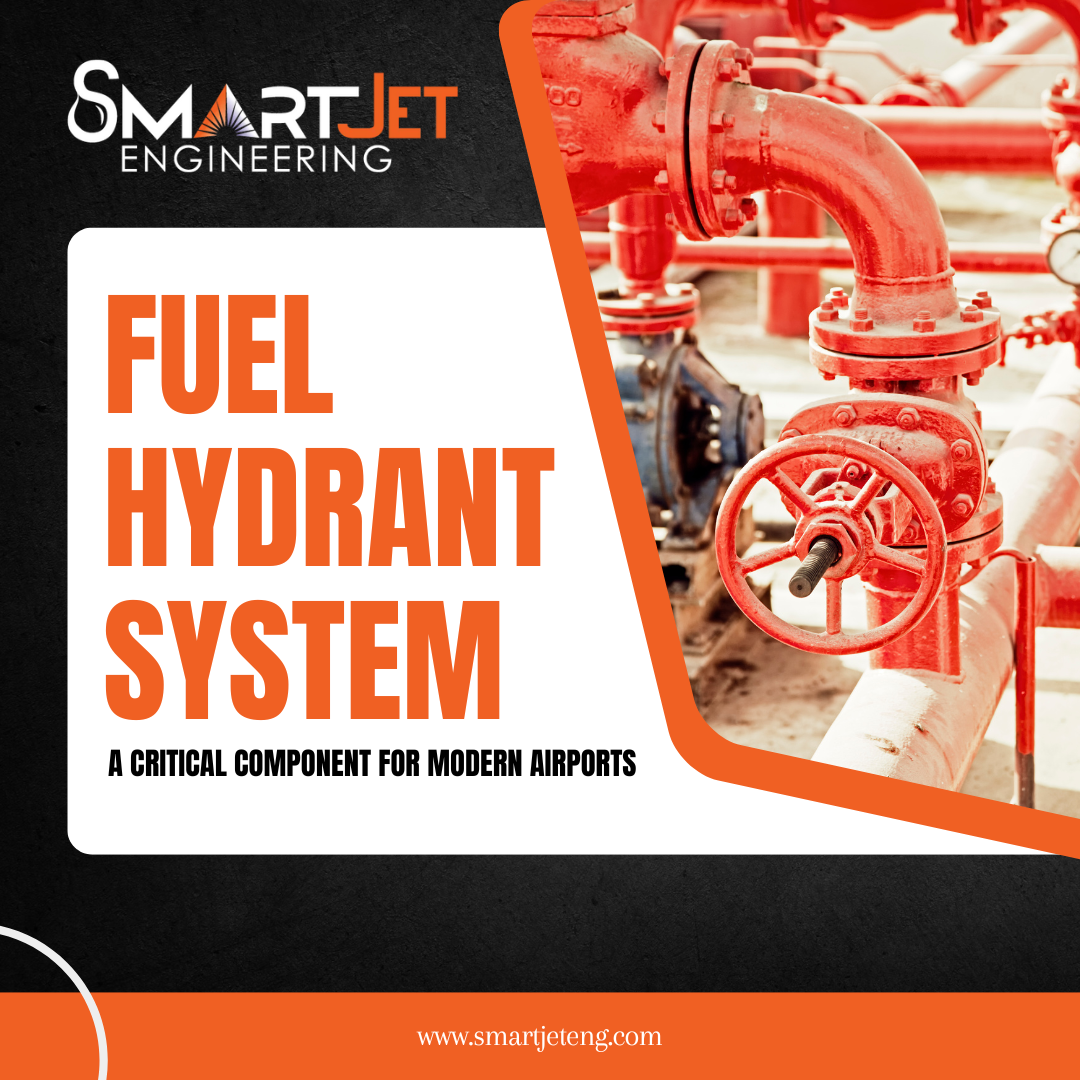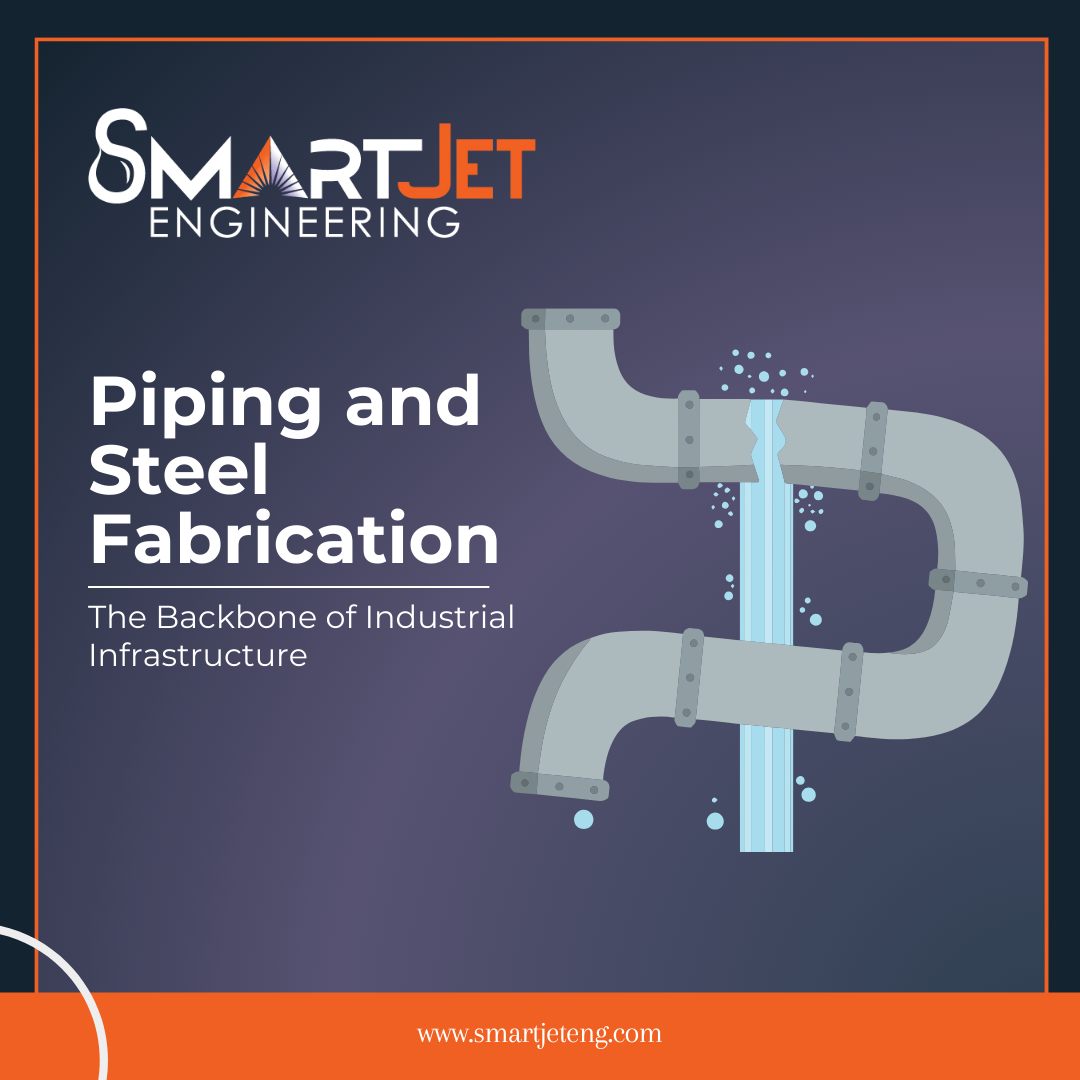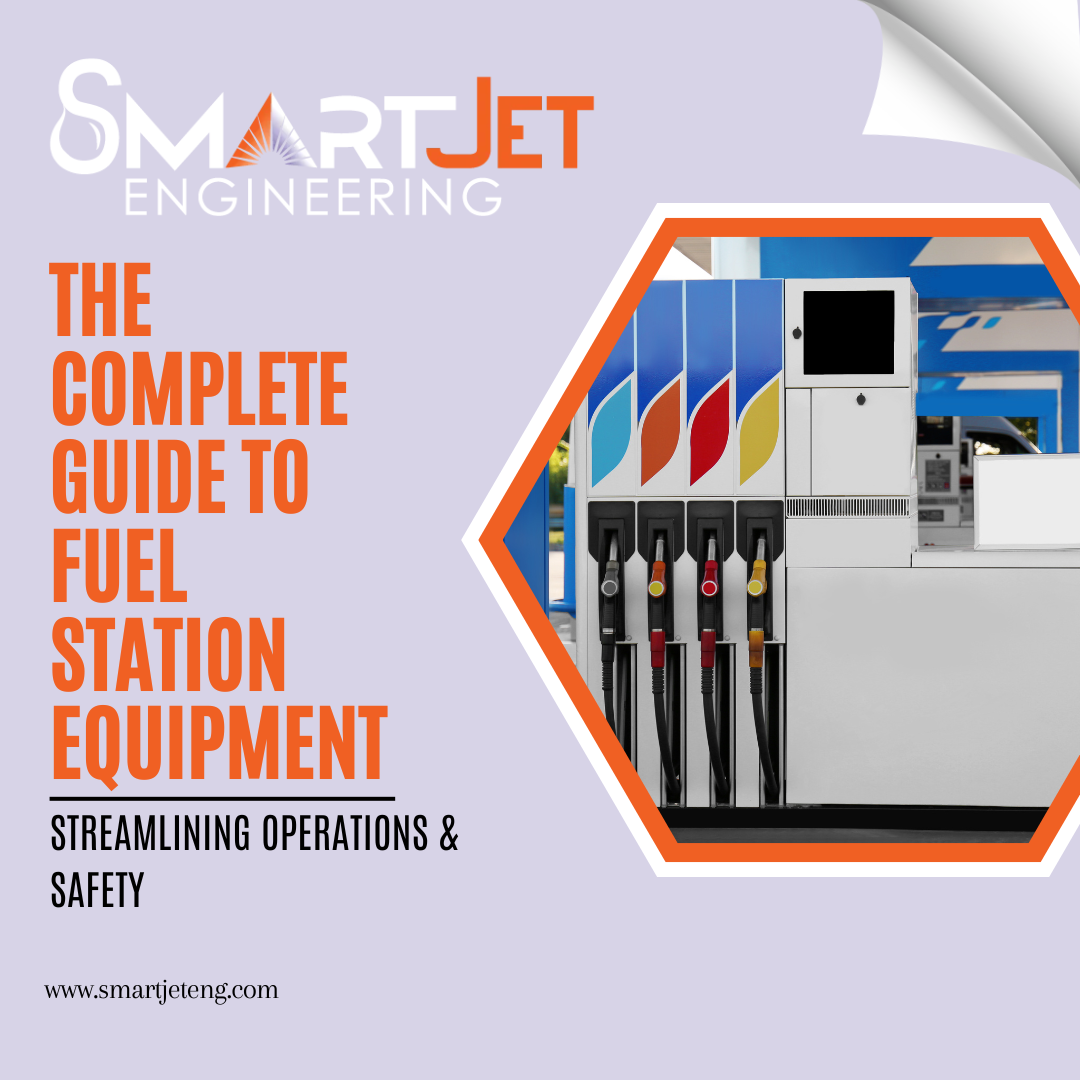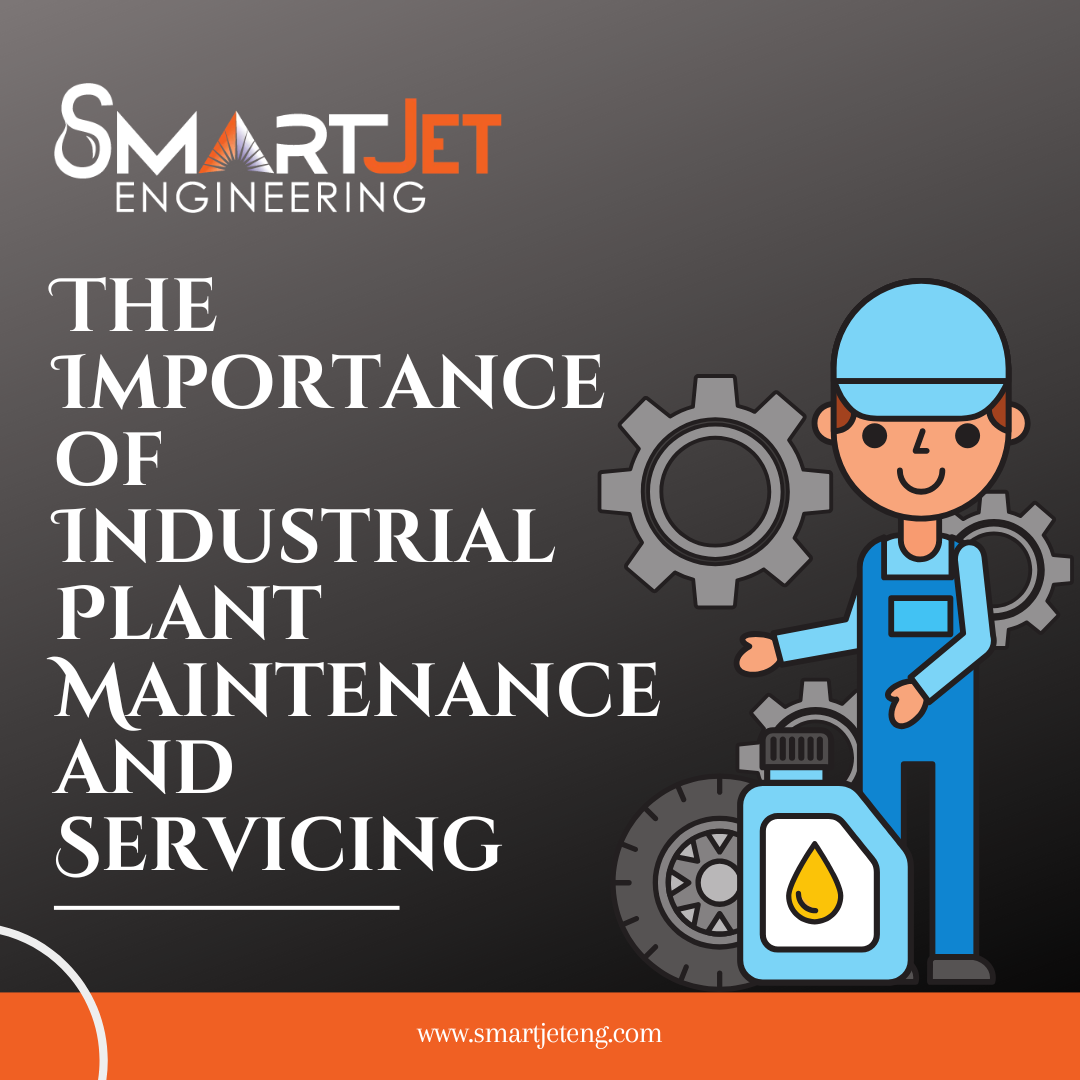Aviation Fuel Equipment
By - Admin
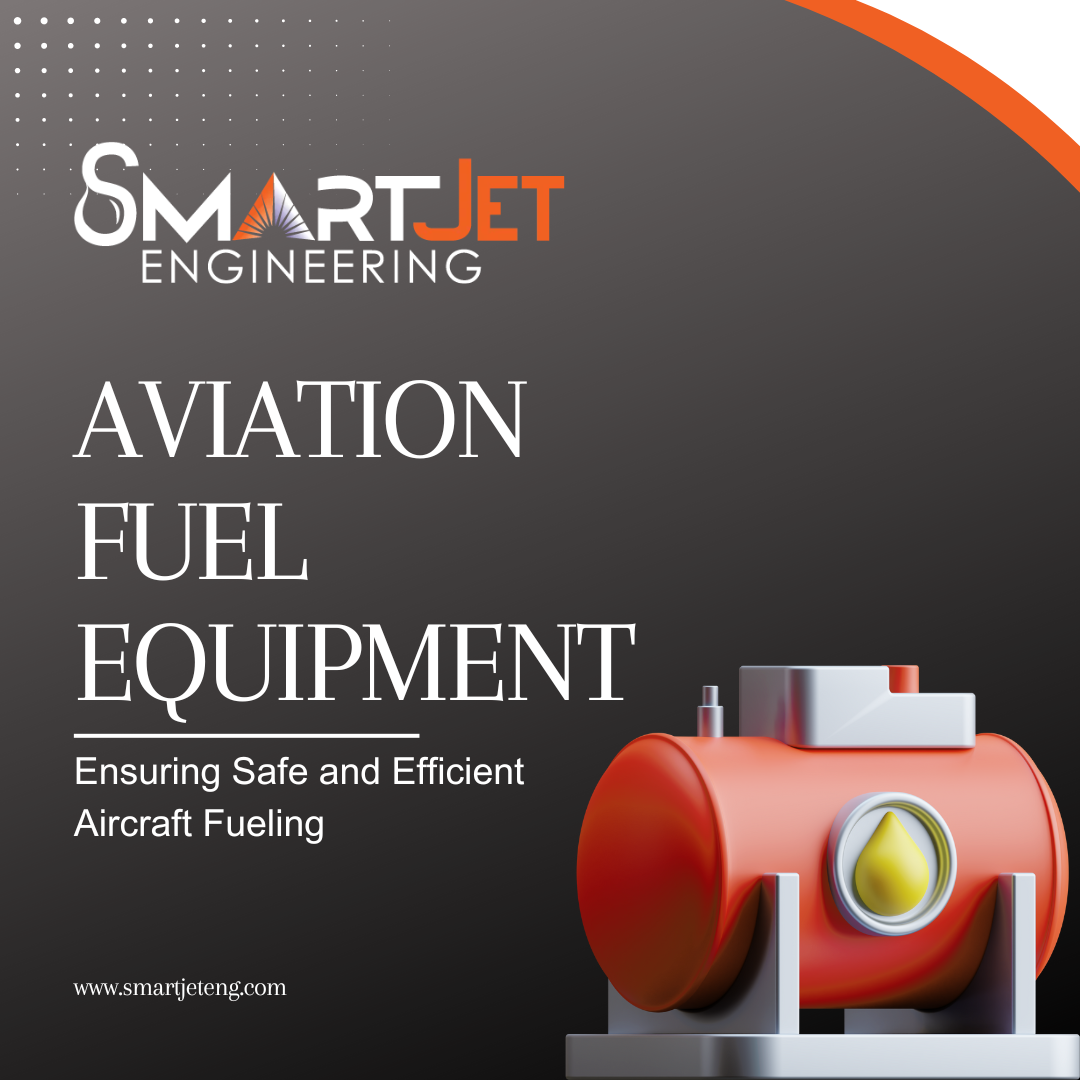
A Guide to Aviation Fuel Equipment: Ensuring Safe and Efficient Aircraft Fueling
Introduction
The aviation industry relies heavily on specialized equipment for fueling and defueling aircraft. These systems must be reliable, efficient, and, above all, safe to ensure smooth airport operations and compliance with strict regulatory standards. At Smart Jet Engineering, we specialize in providing high-quality aviation fuel equipment, including valves, nozzles, hose reels, pumps, couplings, and other related components.
This blog explores the various aspects of aviation fuel equipment, discussing their importance, key features, safety considerations, and common questions related to fueling and defueling aircraft.
Understanding Aviation Fuel Equipment
Aviation fuel equipment encompasses a wide range of components designed to store, transfer, and distribute aviation fuel safely. This equipment is used in airports, aviation fuel farms, and other facilities involved in aviation fuel logistics.
Key Components of Aviation Fuel Equipment
The following are some of the key components in aviation fuel equipment:
- Valves: Control the flow of fuel, ensuring safe and precise operation.
- Nozzles: Connect to aircraft for fuel delivery and feature safety mechanisms to prevent spills.
- Hose Reels: Allow for the flexible and controlled transfer of fuel to and from aircraft.
- Pumps: Move fuel from storage tanks to aircraft, providing the necessary pressure and flow.
- Couplings: Connect different sections of piping or hoses, ensuring secure fuel transfer.
Importance of Aviation Fuel Equipment
Aviation fuel equipment plays a crucial role in the following areas:
- Safety: Properly designed equipment reduces the risk of fuel spills and other safety hazards.
- Efficiency: High-quality equipment ensures smooth fuel transfer, minimizing downtime.
- Regulatory Compliance: Aviation fuel equipment must comply with strict safety and environmental standards.
Design Considerations
When designing aviation fuel equipment, several factors must be considered:
- Material Durability: Equipment must be made from materials resistant to corrosion and wear.
- Safety Features: Incorporate safety mechanisms like automatic shut-off valves and pressure relief.
- Maintenance Accessibility: Design equipment for easy inspection and maintenance.
-Compatibility: Ensure compatibility with a wide range of aircraft and fuel types.
Safety and Regulatory Compliance
Safety is a top priority in aviation fuel equipment. Compliance with regulatory bodies like the International Civil Aviation Organization (ICAO) and local safety standards is essential. Key safety measures include:
- Emergency Shut-Off Systems: Mechanisms that can quickly stop fuel flow in case of emergency.
- Spill Prevention: Equipment designed to prevent and contain fuel spills.
- Fire Suppression Systems: Safety systems designed to handle fire risks.
Maintenance and Inspection
Regular maintenance and inspection are crucial to ensure aviation fuel equipment's safe and efficient operation. Key practices include:
- Routine Inspections: Regular checks for wear, corrosion, and other signs of damage.
- Cleaning and Lubrication: Proper cleaning and lubrication of moving parts to ensure smooth operation.
- Pressure Testing: Ensuring that pumps and valves operate within safe pressure limits.
- Valve and Nozzle Maintenance: Regular checks and maintenance to prevent leaks and ensure proper operation.
Frequently Asked Questions (FAQ)
Here are some common questions about aviation fuel equipment:
1. What materials are commonly used in aviation fuel equipment?
Materials like stainless steel and high-strength alloys are commonly used due to their durability and corrosion resistance.
2. How often should aviation fuel equipment be inspected?
Regular inspections should be conducted at least annually, with additional checks as required by safety standards.
3. What safety features should aviation fuel equipment have?
Safety features include emergency shut-off valves, pressure relief mechanisms, and fire suppression systems.
4. Can aviation fuel equipment be customized?
Yes, equipment can be customized based on specific airport requirements, aircraft types, and fuel capacities.
5. What are the common causes of failure in aviation fuel equipment?
Common causes include wear and tear, corrosion, improper maintenance, and pressure fluctuations.
Conclusion
Aviation fuel equipment is essential for the safe and efficient fueling and defueling of aircraft. By focusing on high-quality materials, robust safety features, and regular maintenance, Smart Jet Engineering ensures that our aviation fuel equipment meets the highest industry standards. With proper design considerations and a commitment to regulatory compliance, we provide reliable solutions that keep airports running smoothly and safely.
Related Blogs
Search
Popular Posts

Flow Meters & Calibration in Aviation Fuel Systems: Accuracy That Saves Costs
June 24, 2025

Complete Design and As Built Engineering: Laying the Groundwork for Fuel System Excellence
June 24, 2025

The Importance of Ground Fuel Monitoring in Modern Aviation Operations
March 27, 2025

The Importance of Fuel Storage Tanks in Modern Aviation Operations
March 27, 2025

Why Testing and Commissioning is the Ultimate Step in Quality Control
January 29, 2025





